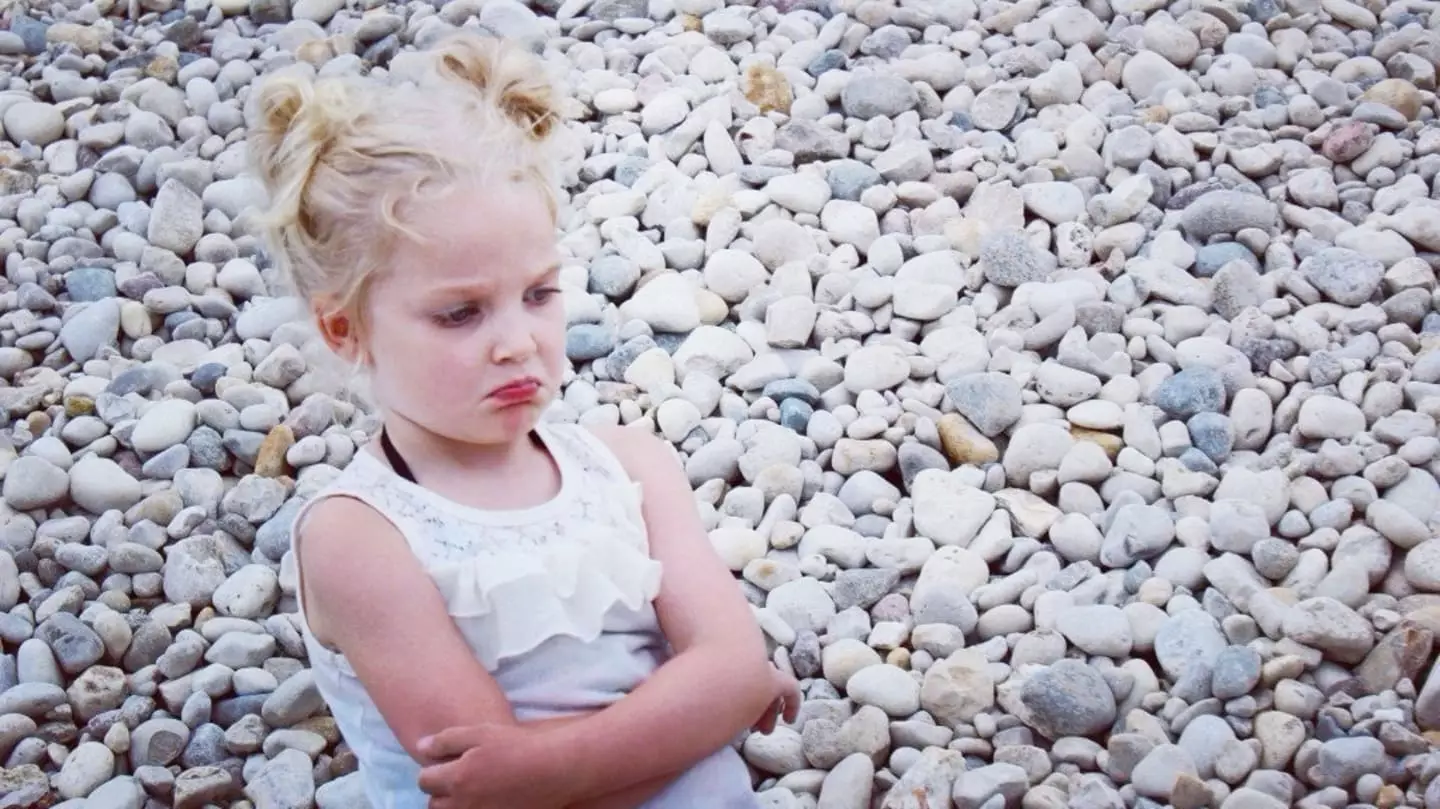In our modern culture, the narrative surrounding childhood and parenting frequently swings to the negative. Initially, when a child is born, they are heralded as miraculous gifts, celebrated and adored. However, this positivity dwindles alarmingly fast. As soon as they start crawling, walking, or expressing themselves verbally, the conversations shift dramatically. Parents inundate one another with warnings about impending challenges: “The terrible twos are around the corner!” or “You’ll see, the teenage years are a nightmare!” These negative stereotypes create a pervasive atmosphere of anxiety and fear around parenting, suggesting that children become adversaries to their parents’ peace and authority rather than cherished blessings.
This persistent dialogue shapes not only how we perceive children but also influences how we treat them. As soon as a child begins to explore their independence, society prepares parents for battle. Such discussions overshadow the innate joy and curiosity children possess, reducing their identity to ‘problems’ to be managed or phases to be survived. It begs the question: how much of this fear is projected onto children? When parents adopt an anxious mindset filled with expectations of turmoil, they often become conditioned to view every misstep as a personal affront or challenge, which can have damaging consequences for both the adult and child.
Seeing Beyond Behavior
The notion that a child’s behavior must be constantly scrutinized is detrimental. We are often led to believe that a child’s worth is dictated by their ability to conform to societal norms: bedtime routines, classroom decorum, or obedience to authority. This reduced lens overlooks a child’s rich complexities and unique humanity. Children, far from being one-dimensional reflections of their immediate behavior, embody a spectrum of emotions, thoughts, and experiences. Expecting compliance merely stifles their capacity to express themselves authentically.
When parents solely identify their children through the lens of surface behavior—whether it’s sleeping habits or classroom grades—they risk missing the broader picture of who their children are meant to become. This way of viewing children may inadvertently distort their self-image, so much so that they internalize these negative narratives. It is critical that caregivers recognize the individuality within each child and affirm their inherent value beyond a moment of misbehavior. Instead of viewing disobedience or tantrums as flaws, parents should seek to understand and address the underlying emotions driving these behaviors.
To nurture a truly positive parenting approach, we must aspire to be ‘light reflectors’ for our children. This concept emphasizes the importance of intentionally recognizing and acknowledging the positive qualities and strengths within a child. By focusing on their competencies and potential rather than just their mistakes, parents instill a framework that encourages growth and resilience. Children are deeply influenced by how their caregivers perceive them; they are likely to adopt the self-image reflected back at them. Therefore, viewing a child with empathy and support can transform the way they interpret their own experiences.
For instance, if a child struggles with a particular situation and their parent chooses to see the effort made rather than the failure encountered, it alters the lesson learned. Instead of becoming fearful of making mistakes, the child learns that setbacks are a natural part of growth. By recognizing their efforts rather than merely the result, children are empowered to explore and learn without the crippling fear of disappointment.
One of the powerful means to foster this ‘light’ reflection is through helping children articulate their emotions. When feelings run high and lead to challenging behavior, enabling children to express themselves verbally can cool the turmoil. It is essential for children to have an emotional vocabulary that allows them to communicate effectively. Products, such as books and works from reputable sources like Slumberkins, can aid in this endeavor by providing children with mechanisms to explore their feelings in a more productive way.
As children learn to identify and articulate their emotions, parents can engage in meaningful conversations that guide them through their emotional experiences. This practice not only strengthens the parent-child bond but also nurtures a child’s social and emotional intelligence—traits that are critical for future relationships and personal well-being.
The Path Forward
Ultimately, it is incumbent upon us, as parents and guardians, to confront and change the narratives that surround our children. By rejecting the notion that childhood is merely a phase to be endured, we can embrace a viewpoint that cherishes their essence and potential. Children are complex beings filled with light, creativity, and compassion. Fostering an atmosphere of love, understanding, and support will cultivate the brilliance within each child, enabling them to flourish as confident, caring individuals. Rather than reacting from fear, let us celebrate and reflect the light within our children, allowing them to thrive as the extraordinary individuals they are meant to be.

